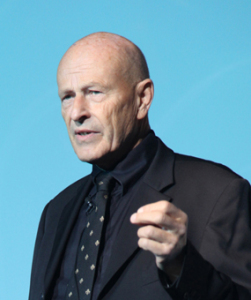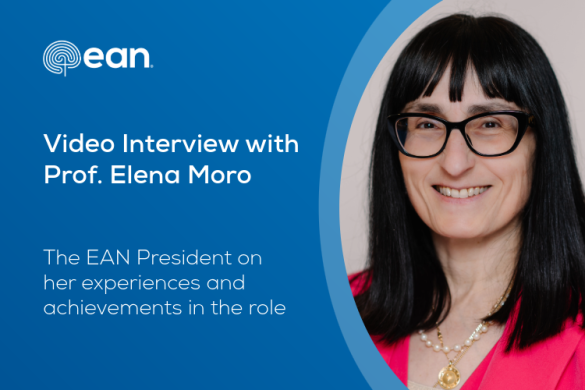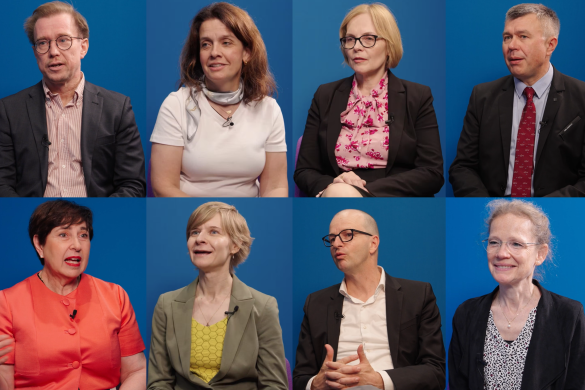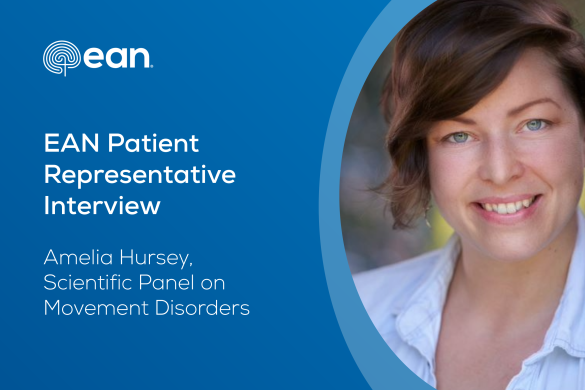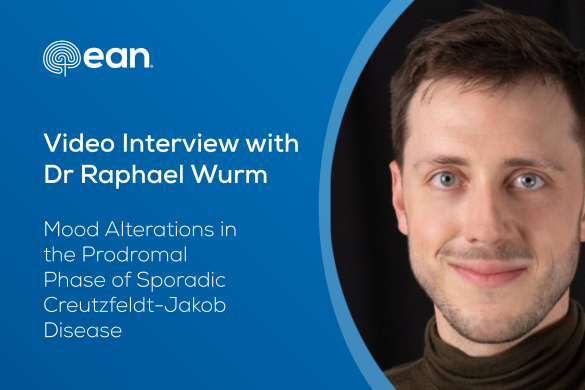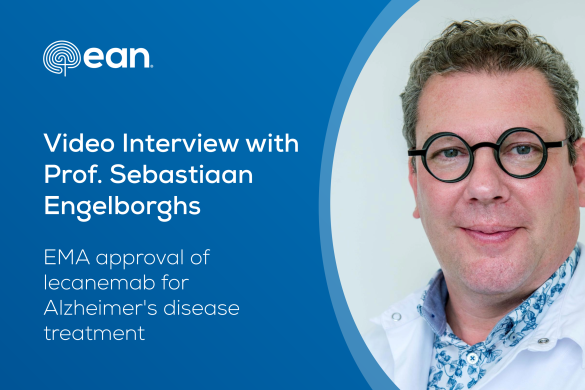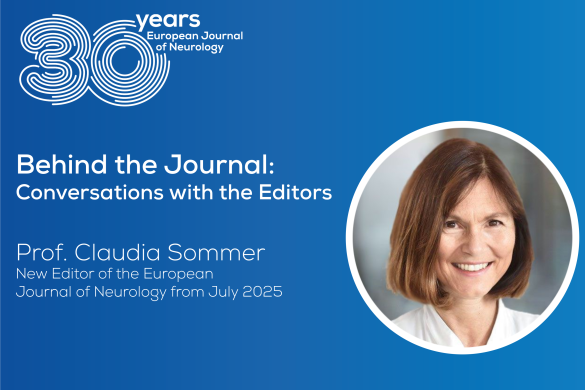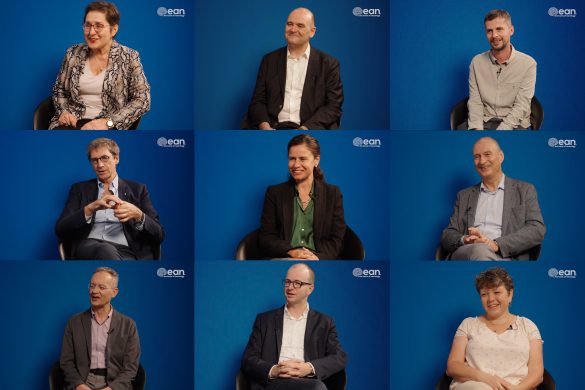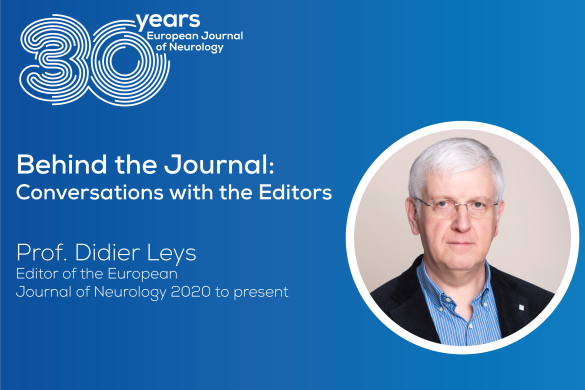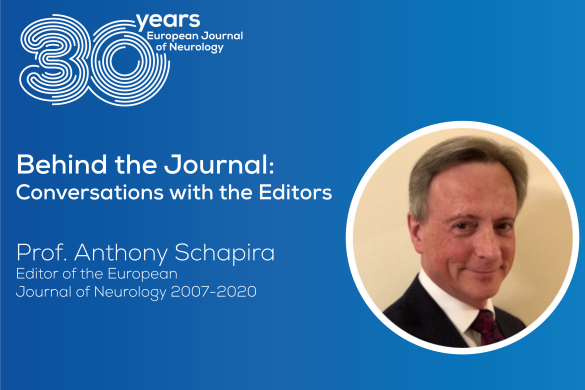Gian Luigi Lenzi (GLL): As Chair of the Teaching Course Sub-Committee of the EAN, can you illustrate the role you give to EAN within the community of European neurologists?
Theodor Landis (TL): EAN, the fusion of the two major European neurological societies, should become the home for neurology and neurology related specialities. It should combine the strongholds and particularities of both previous societies in a harmonious way and as such that it appeals to the broad majority of neurologists all over Europe.
GLL: EAN needs to be the overall umbrella for neurology and neurology related specialties. How can your specific work on clinical and behavioral neuroscience and translational research bring an added value to this aim?
TL: Translational research, the effort to create bridges between clinics and bench – or other fundamental research, is in my view one way to advance neurology. For that goal efforts should be made to encourage young neurologist to spend time in fundamental neuroscience research. Consequently jobs should be created which not only permit clinicians to continue to do research but also researchers to continue to do clinics.
GLL: What is your view on the integration of the Teaching Courses (TC) of the EAN Congress with the TC offered in the European Congresses of neurological sub-specialities, such as Multiple Sclerosis, Stroke, Movement Disorders, etc.?
TL: The profile of the neurologist attending an EAN Congress is somehow different, more general, from that of the more specialised neurologist attending Congresses of sub-specialities. Since usually the time to attend congresses is limited, the general neurologists, but also neurologist in training, should be given the opportunity to attend in a short time a broad variety of TC comprising all or most of the neurological sub-fields. In that sense the TC of Congresses of sub-specialities are complementary to the TC of EAN congresses.
GLL: What is your view on “peripheral” Teaching Courses sponsored (in part) by EAN?
TL: Regional “peripheral” TC are a unique opportunity for young neurologists living in areas of Europe (or sub-Saharan Africa) with little (or no) access to congresses or libraries and no funds for travelling to get up-to-date education on topics of their choice. It not only improves Clinical Neurology in these countries but also enhances their feeling of adhering to a new generation of really “European” neurologists.
GLL: Can you share with our readers your vision on how Neuropenews can help strengthen EAN’s identity?
TL: Neuropenews is a place for information and communication. It informs about events, but also transmits opinions, views and opens controversies. As such it gives neurologists all over Europe the opportunities to express themselves and to keep informed. To have such a forum for exchanges enhances the feeling of being part of a community of European neurologists.
Professor Theodor Landis is Chair of the Teaching Course Sub-Committee of the EAN and Honorary Professor of Neurology at the University of Geneva.

